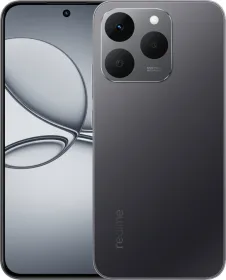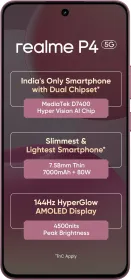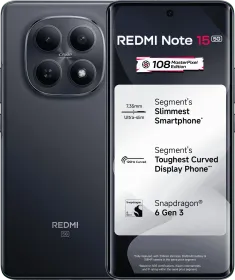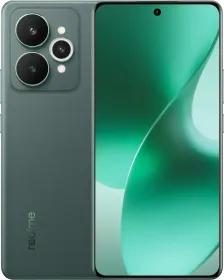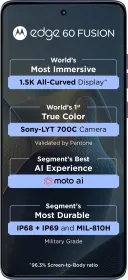TL; DR
- Judge rejects DOJ’s breakup plan for Chrome or Android, saying it’s too risky and unnecessary.
- Google must give rivals access to parts of its search index and anonymized query histories.
- Exclusive default deals are banned, but Google can still pay manufacturers to preload apps.
On September 2, 2025, Judge Amit Mehta finally issued his remedies ruling in the long-running antitrust case against Google. Last year he found the company guilty of running an illegal monopoly in search. Now, instead of breaking up Chrome or Android like the DOJ wanted, he went with behavioral changes designed to shake up competition without throwing the whole market into chaos.
Judge says breaking up Chrome or Android would do more harm than good

The DOJ had pushed for big structural remedies, like selling Chrome and even spinning off Android, but Mehta shut those ideas down. He called a forced divestiture “unwarranted and fraught with risk,” warning it could do more harm than good for consumers and innovation. Google keeps its core assets intact.
ALSO READ: Flipkart’s Big Billion Days 2025 Dates Are Here (If You Know Where to Look)
Google now has to share parts of its search data with rivals

The real hit is on data and contracts. Google must now share portions of its massive search index and anonymized query logs with “qualified” competitors. That means Bing, startups, or even AI search companies can actually train and improve their systems using some of Google’s scale.
Naturally, Google isn’t happy about this, and it’s already raising privacy alarms, saying query logs could reveal sensitive user info.
Exclusive lock-in deals are no longer allowed
On the distribution side, exclusivity is gone. Google can no longer sign deals that lock its search engine, Gemini AI, Play Store, or Assistant as the only defaults on phones, PCs, or browsers. Bundling tactics that boxed out rivals are also banned.
But not everything changes. Google can still pay partners like Apple to preload apps. The judge decided banning payments would go too far, but the new rules should make it easier for users to switch defaults if they want to.
ALSO READ: How to Eject Water From Your iPhone (Yes, There’s a Hidden Shortcut Trick)
The ruling even mentions AI competition

AI even made it into the order. Mehta specifically called out generative AI platforms like ChatGPT and Perplexity as real competitive threats to traditional search, warning that remedies need to make sure Google’s dominance doesn’t just carry over into GenAI.
Both sides reacted quickly and the fight isn’t over yet

Reactions split fast. The DOJ called it a win for competition and consumers but hinted it might keep pushing for tougher remedies. Google is planning to appeal the original monopoly ruling while also reviewing how to comply with the new order. A spokesperson stressed concerns over privacy and innovation being at risk.
This isn’t the only fight on Google’s plate. The company has another antitrust trial later this month, which is focused on its digital ad empire, where it’s already been branded a monopolist. The outcome here could ripple across Big Tech, forcing more data-sharing and breaking the grip of exclusive contracts.
But unlike historic breakups like AT&T, this decision keeps Google intact while trying to limit its power. Both sides now have until the end of the year to propose detailed implementation plans. What are your thoughts on this? Let us know in the comments section below.
You can follow Smartprix on Twitter, Facebook, Instagram, and Google News. Visit smartprix.com for the latest tech and auto news, reviews, and guides.















